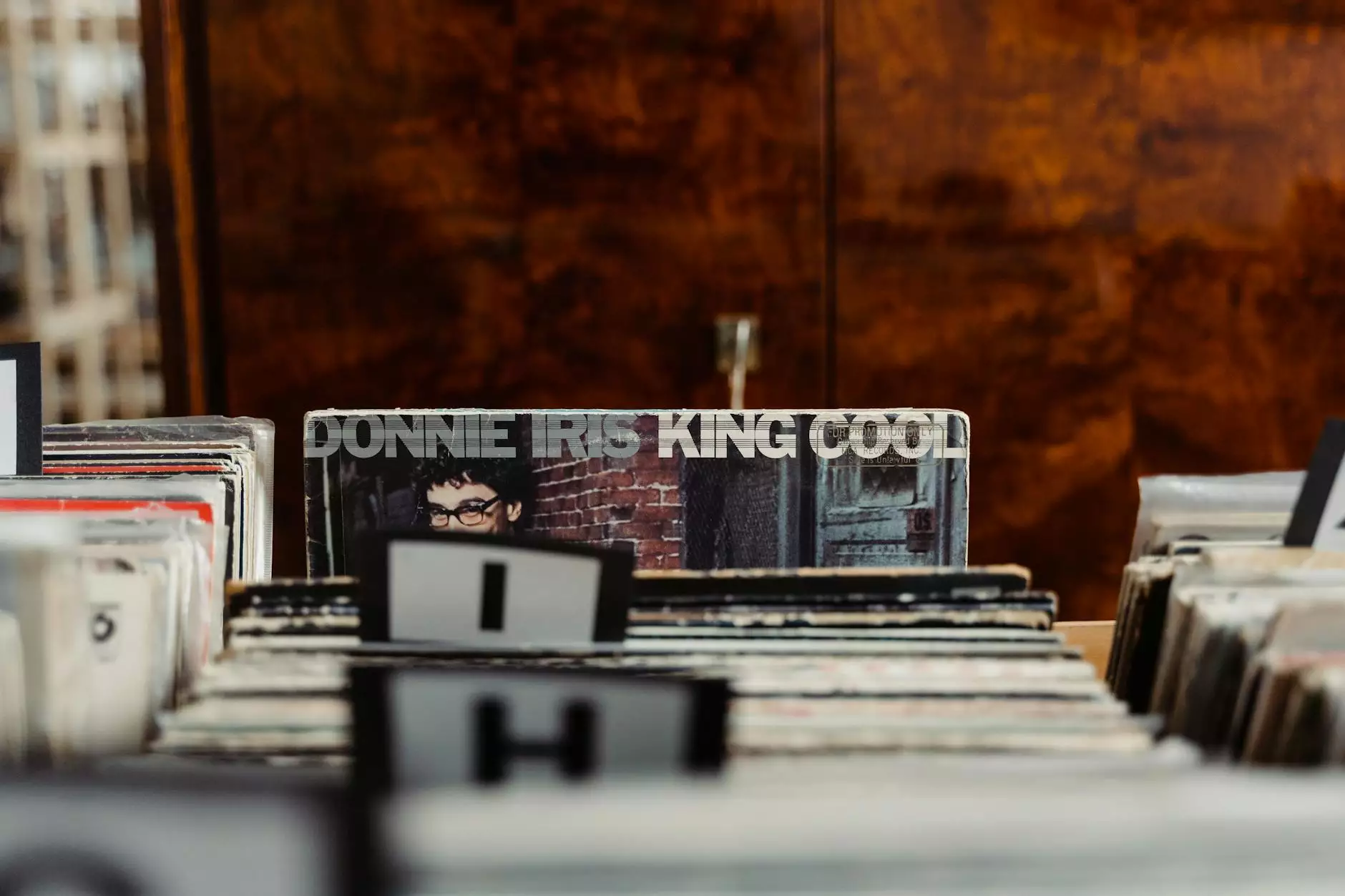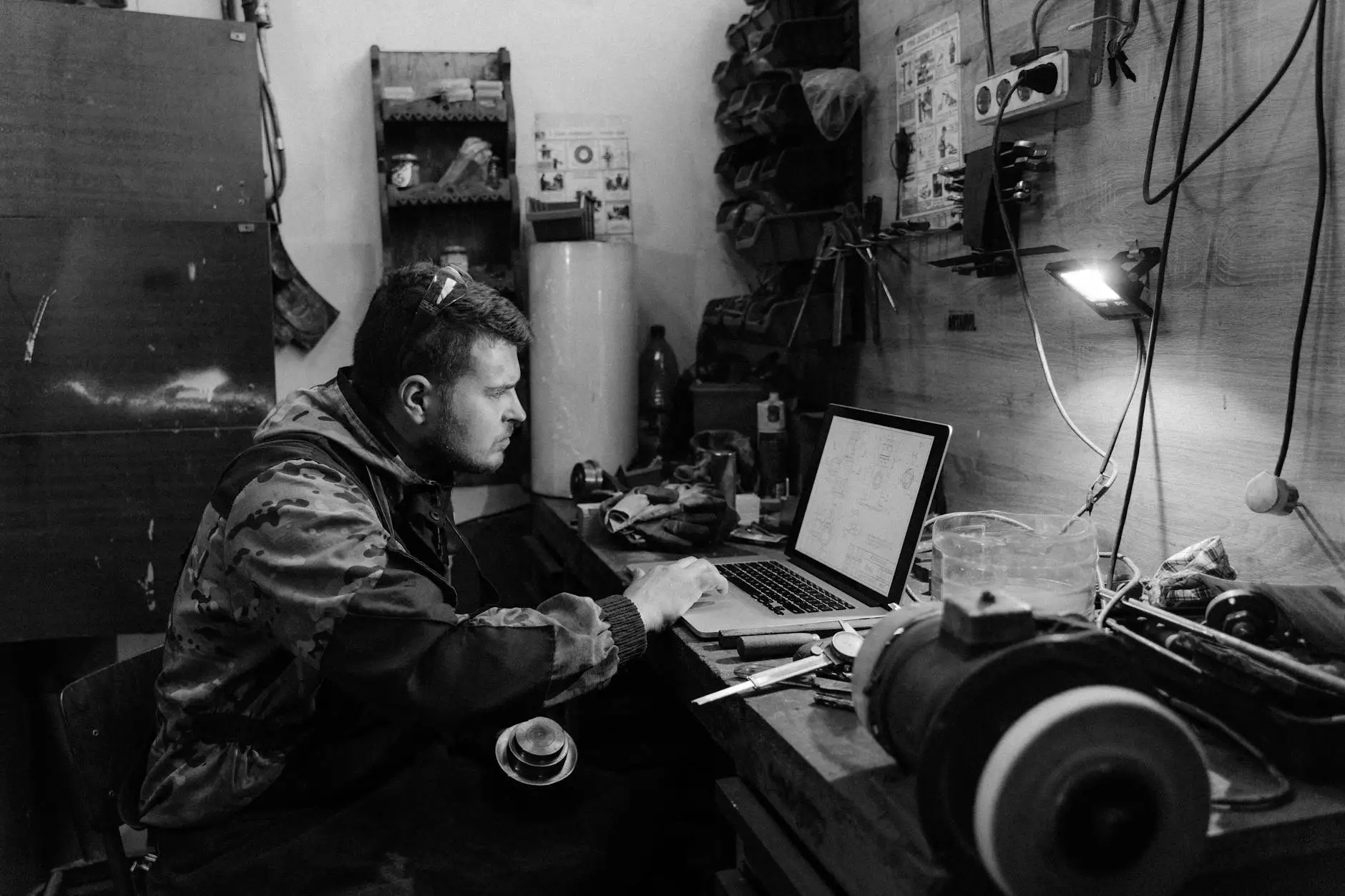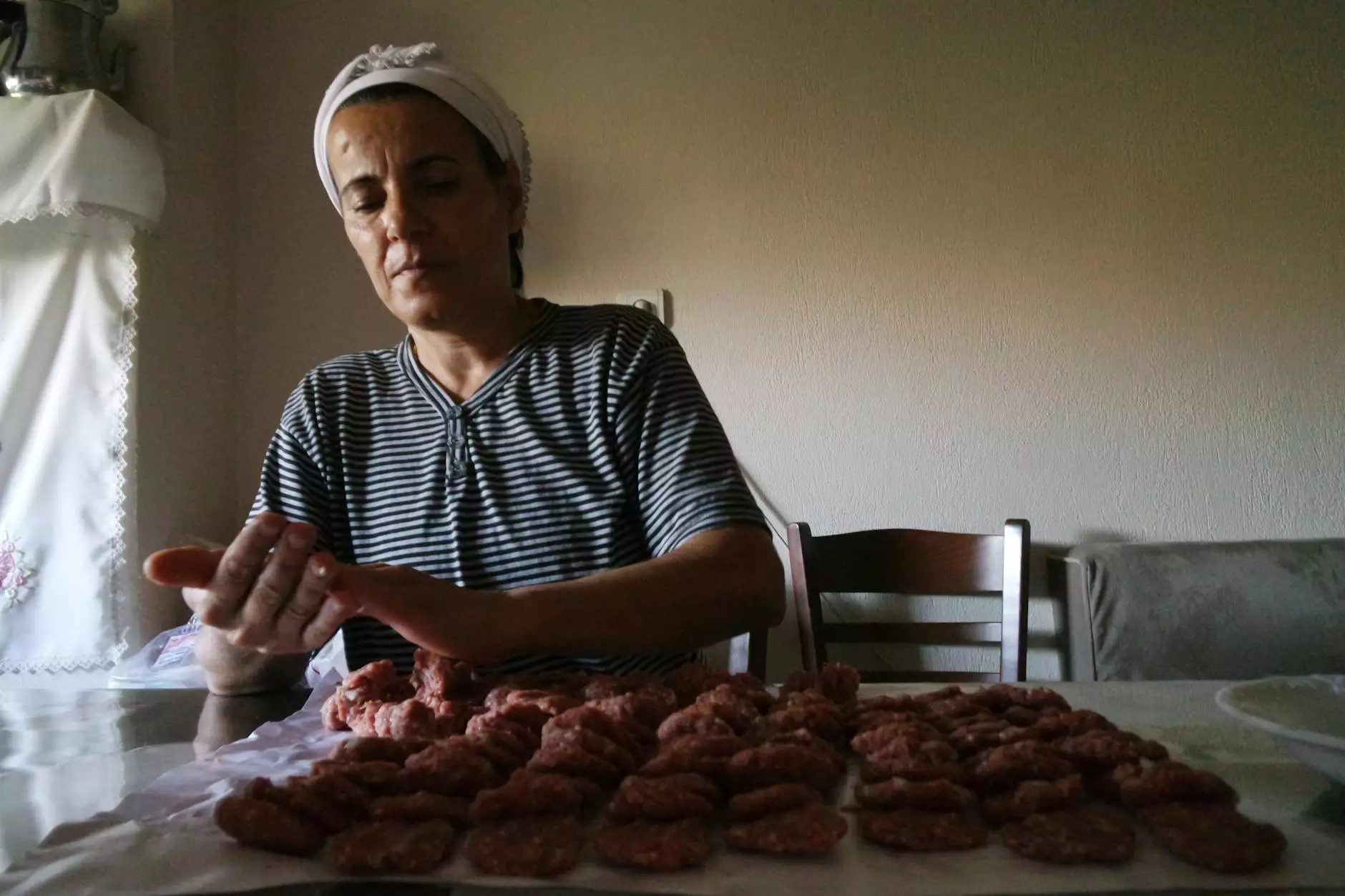Exploring the Essence of Black Churches NYC

The Historical Significance of Black Churches in NYC
Black churches in New York City have played a pivotal role in the development of both religious and social dynamics for centuries. Established during a time of great adversity, these religious organizations became sanctuaries for African Americans seeking solace and community connection. The rich history of these institutions mirrors the broader narrative of struggle, resilience, and triumph in the face of systemic oppression.
Roots of Community and Faith
From their inception in the Harlem Renaissance to present-day congregations, black churches have always served as essential hubs for African Americans. These spaces have offered not only spiritual guidance but also critical community services, such as educational programs, food banks, and job training. The combination of faith and activism has transformed many congregations into significant advocates for social justice.
The Cultural Hub of the Black Community
Beyond just a place of worship, black churches in NYC act as cultural centers where African American traditions, arts, and narratives are preserved and celebrated. Weekly services often feature gospel music that lifts spirits and reinforces community ties. Choirs and local artists perform, showcasing their talents and instilling pride among members. This rich cultural tapestry is woven through rituals, music, and the shared experience of worship.
Prominent Black Churches in NYC
Throughout the five boroughs, several prominent black churches stand out for their historical significance and social contributions:
- Abyssinian Baptist Church - Located in Harlem, it was founded in 1808 and has been a cornerstone of the community, engaging in civil rights efforts and local outreach programs.
- Union Baptist Church - Known for its commitment to education and empowerment, this church serves as a model for community service initiatives across the city.
- Mt. Zion Baptist Church - With its rich history dating back to the 19th century, it places a strong emphasis on youth programs and mentorship.
- Bridge Church NYC - A contemporary congregation dedicated to bridging the gap between spirituality and community engagement, offering various programs for personal and communal growth.
The Social Justice Movement and Black Churches
In every major civil rights movement, black churches have served as sanctuaries and strategic headquarters. Leaders like Dr. Martin Luther King Jr. often utilized these spaces to mobilize, organize and inspire collective action. Today, churches continue to be at the forefront of advocating for social justice, with many congregations focusing on issues such as racial equality, poverty alleviation, and police reform.
Activism and Advocacy
The intersection of faith and activism is evident in the many programs offered by black churches in NYC. They often collaborate with local non-profits and civic organizations to:
- Advocate for policies that ensure equal rights and protection for underserved communities.
- Offer food and shelter for those in need, especially during challenging economic times.
- Provide educational resources to empower the next generation and enhance their opportunities for success.
- Engage in health initiatives that address disparities within the community, such as preventive health screenings and wellness workshops.
Building Strong Communities Through Service
The essence of black churches extends beyond the walls of their buildings. They serve as powerful platforms that foster community bonding and social support. Initiatives such as community dinners, health fairs, and family counseling not only help local families but also reinforce the notion of belonging and solidarity.
Connecting Generations
Black churches actively encourage multi-generational participation, creating opportunities for older members to impart wisdom while fostering a sense of responsibility among younger congregants. Church activities often include:
- Mentorship programs aimed at guiding youth in their personal and professional lives.
- Family-oriented events that reinforce the importance of community relationships.
- Faith-based education programs that include Bible studies designed for all ages.
The Role of Technology in Modern Worship
As society advances into a more digitally connected world, black churches in NYC are innovatively adapting to these changes. Many congregations have adopted new technologies to enhance their worship experiences and outreach efforts. Live-streaming services, social media engagement, and online donation platforms have expanded their reach beyond traditional boundaries.
Engagement through Digital Platforms
Embracing technology enables these churches to:
- Reach wider audiences who may be unable to attend in person due to distance or other factors.
- Foster community online through social media groups, allowing members to support one another.
- Encourage digital giving which has been particularly important in maintaining the financial viability of congregations.
Future of Black Churches in NYC
The future of black churches in NYC looks promising as they continue to evolve and address the needs of their communities. Engaging younger generations through relevant programming and ensuring inclusivity within worship are critical. The board is set for these churches to play an even more integral role in the social and spiritual landscape of the city.
Emphasizing Inclusivity and Diversity
Black churches are increasingly focusing on being inclusive and welcoming individuals from diverse backgrounds. This newfound emphasis enhances unity and understanding, showcasing the power of faith to bridge divides.
Conclusion
In summary, the phenomenon of black churches in NYC transcends beyond mere places of worship; they are beacons of hope, social justice advocates, and cultural preservers. Their ability to adapt and stay relevant in our rapidly changing society speaks volumes to their resilience and commitment to community service. As we look forward, the impact of these mighty institutions will undoubtedly continue to resonate, shaping lives and empowering individuals for generations to come.
Get Involved with Your Local Black Church
If you're looking to experience community and faith, consider visiting a local black church. Engage in their events, volunteer for community service, or simply join in for a worship service to witness firsthand the vibrant culture and profound community impact they offer.
Learn More about Bridge Church NYC
To understand how Bridge Church NYC is making a difference, visit their website at bridgechurchnyc.com to explore their programs, services, and community outreach initiatives.
black churches nyc








